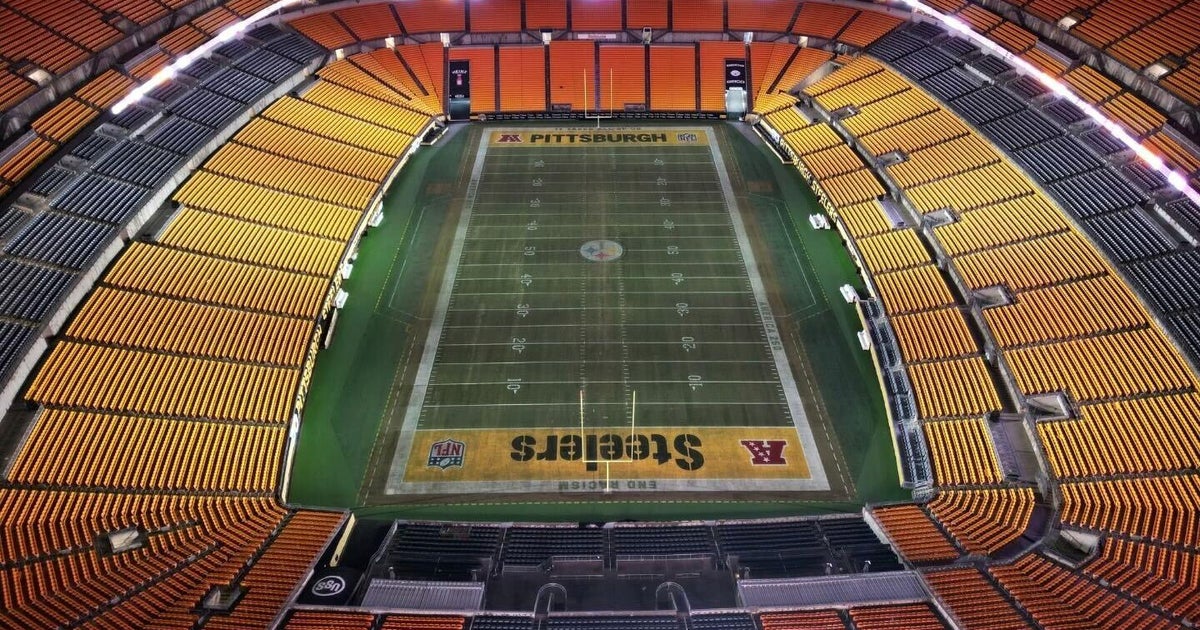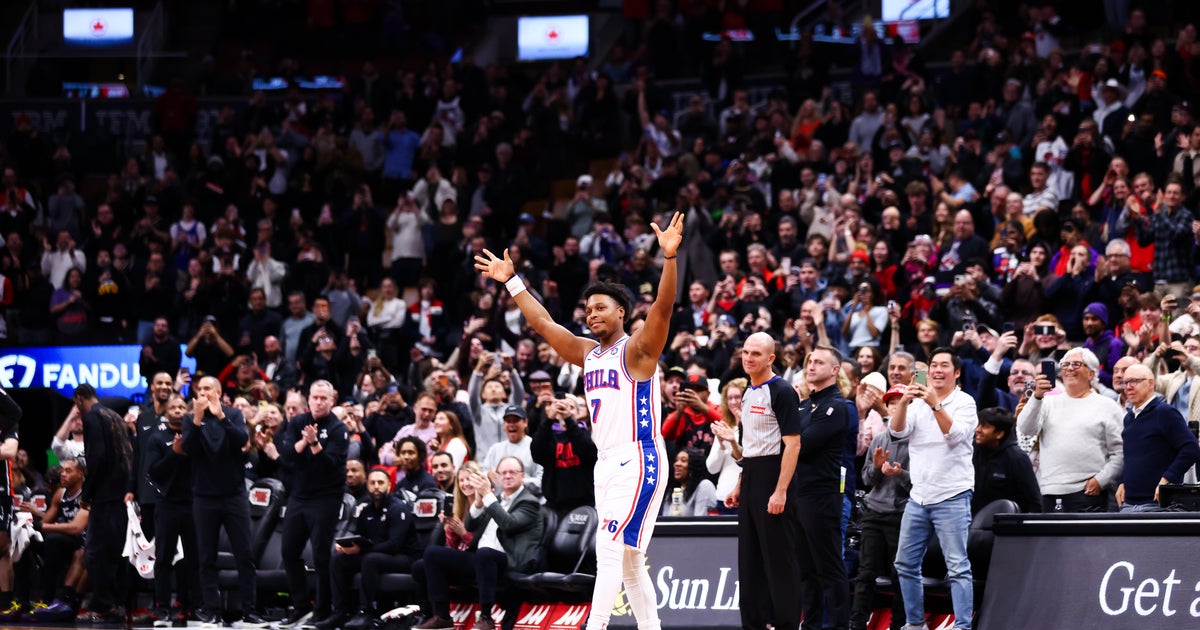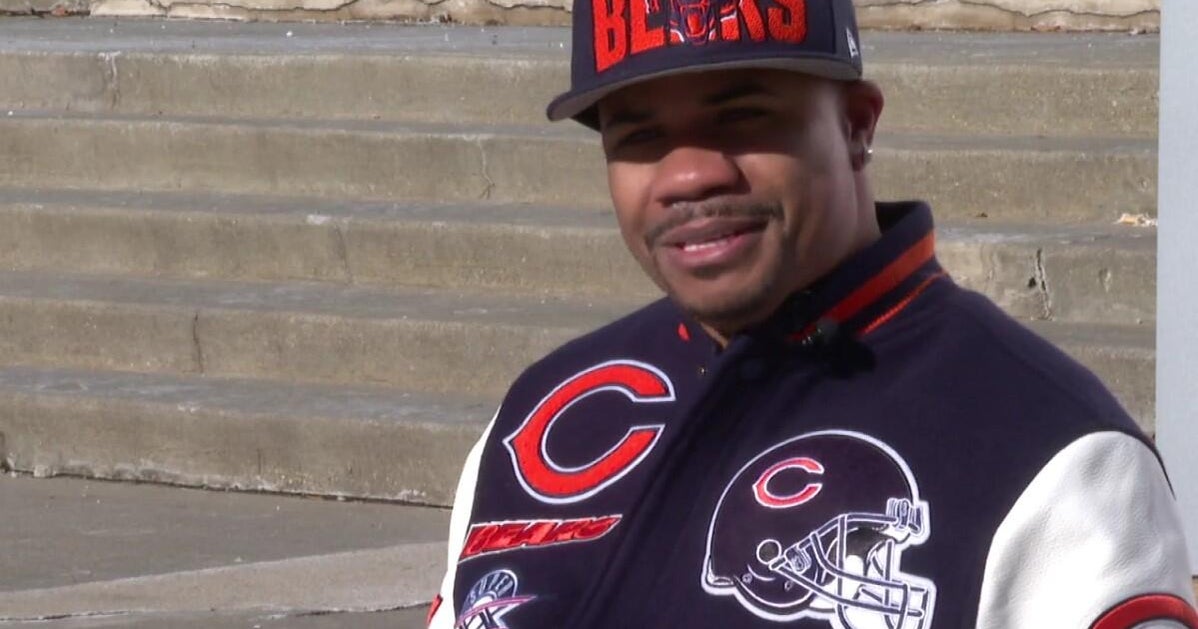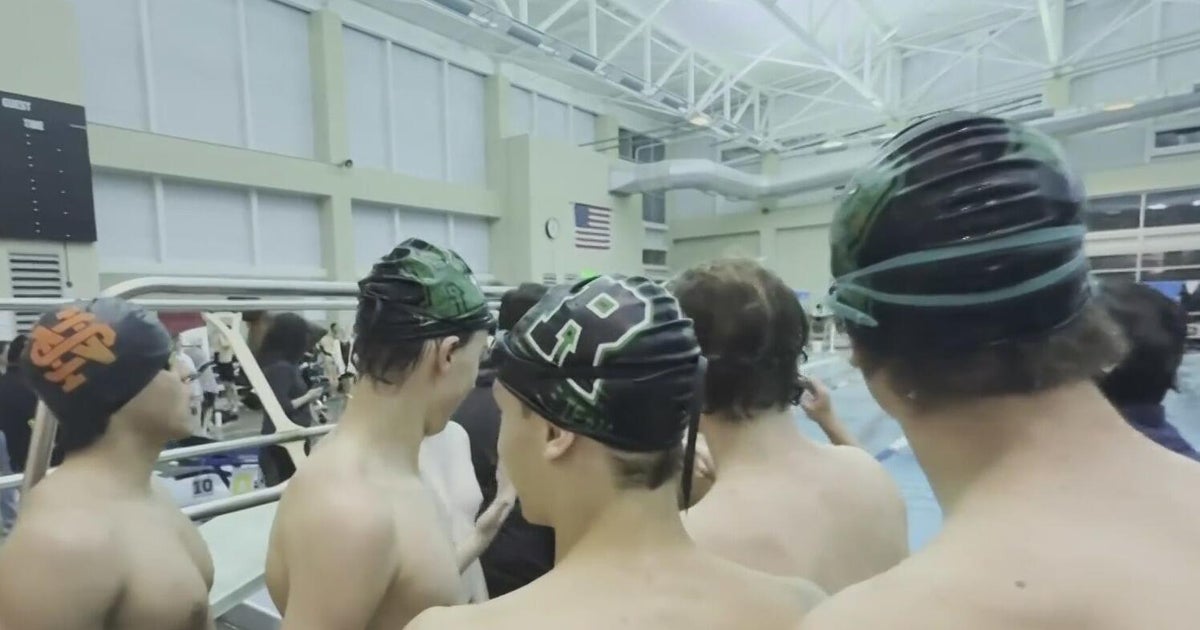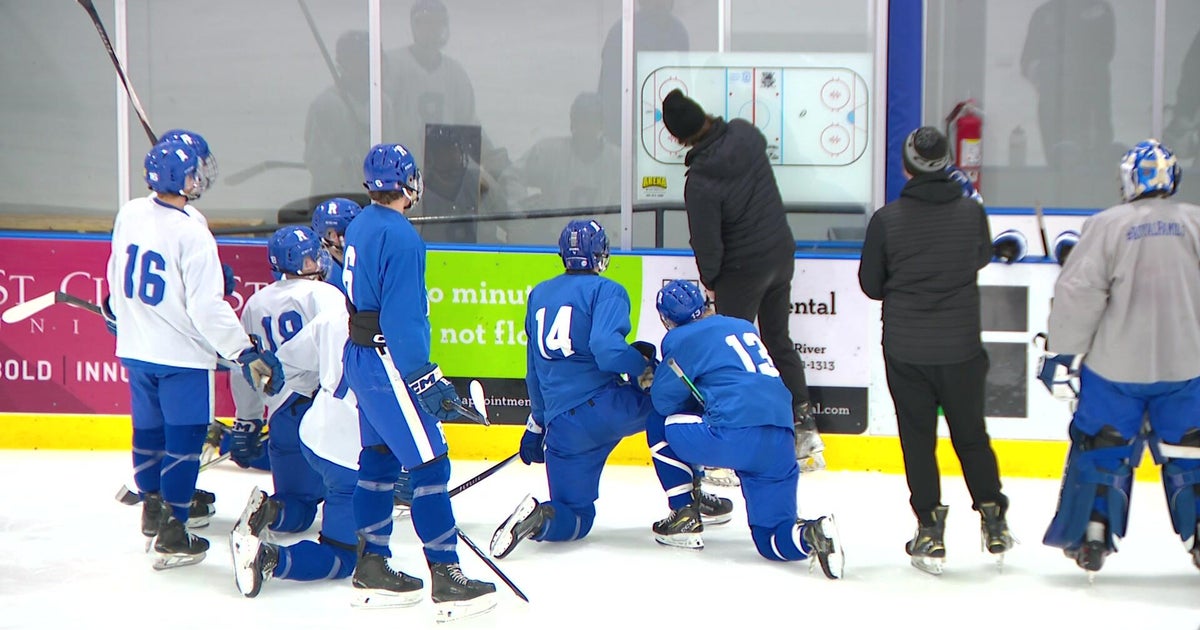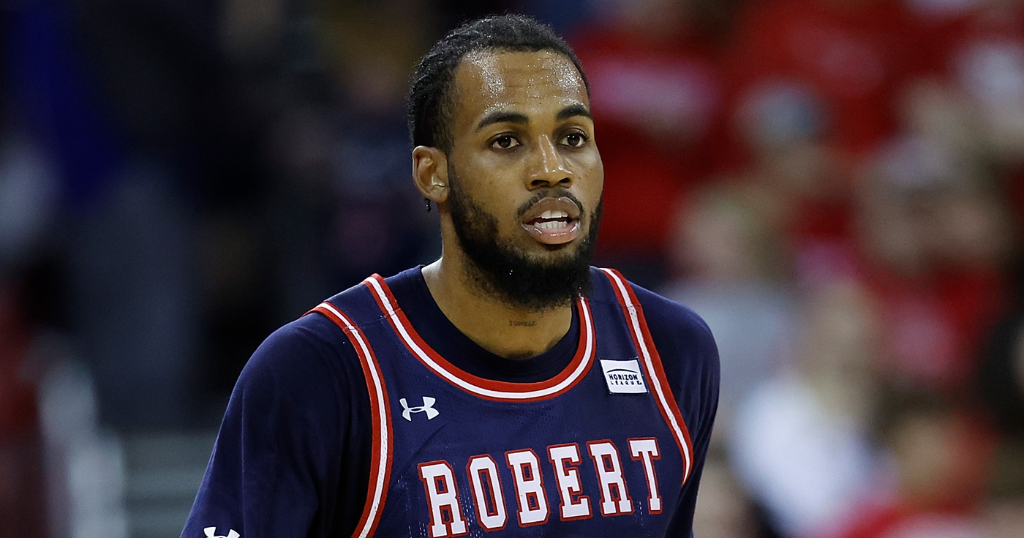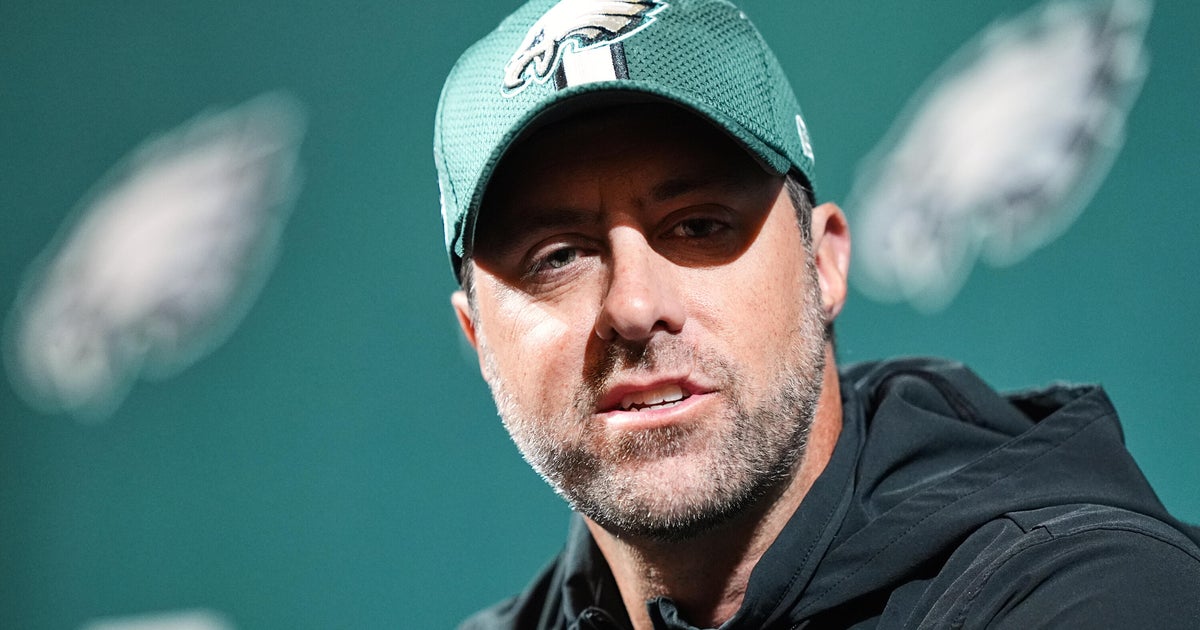With Season Over, NBA Now Faces Uncertain Offseason
MIAMI (AP) -- As Dirk Nowitzki and Dwyane Wade traded big shots in a thrilling NBA finals, with fans tuning in at levels the league hadn't seen since the days of the Kobe-Shaq Lakers, the questions came more frequently.
The answers grow harder to understand.
How can Commissioner David Stern tell all those viewers to go watch something else?
Why are owners and players willing to throw away all the momentum the league has built since last summer?
How can they shut it down now?
"It's an odd position, when the game is the best it's ever been, when the ratings are the highest they've ever been, when the excitement is the greatest it's ever (been)," Players Association attorney Jeffrey Kessler said last week. "It's sort of odd to see the owners say we're going to destroy this game unless you change this whole system. Players just want to play."
Nobody can predict when they'll get that chance again. When the Dallas Mavericks finished off the Miami Heat on Sunday night in Game 6, it sent the NBA into a most uncertain offseason.
Owners and players are nowhere close on a new collective bargaining agreement to replace the one that expires June 30. Without a new deal, players say they have been told by the owners they will be locked out.
The NBA was reduced to a 50-game season by a work stoppage in 1998-99, and the loss of games is a threat now. Citing leaguewide losses of about $300 million this season, the league hasn't budged on its desire for significant changes to the financial structure, ranging from reductions in the length of contracts and the amount of guarantees, to an overhaul of the salary cap system that would prevent teams from being able to exceed it, as they can now under certain exceptions.
And Stern said the record TV ratings and all the other positive attention the league has received doesn't make him any more motivated to get this settled, since he'd want to do it anyway.
"I don't need any external prod to want to be able to make a deal," he said.
The clincher was the highest-rated Game 6 ever on ABC, and fans have pointed to the ratings for that network, along with ESPN and TNT, as reasons why things can't be as bad as the league claims. Yet those ratings mean nothing to the NBA: Its long-term contract with those network partners guarantee its money whether people watch or not.
Yet they are watching, in large part because of the Heat. When LeBron James and Chris Bosh joined Wade in Miami, it created a must-see team, either in hopes of watching it win or with the desire of witnessing its failure.
"Obviously, what we've been able to do with the star power down in Miami and obviously the city of Miami, it hasn't hurt in the sense of whether people don't like it or whether they like it. All year they've tuned in to see, is it going to be a meltdown with this team?" Wade said during the finals.
"We've been having a lot of record-breaking views of people tuning in to check out a lot of our games," he added. "As players we appreciate the support, whether it's positive or negative, you're watching our game. That's what we appreciate. Because it's our job to make sure as pioneers of the game that it continues to grow long when we're done."
The feeling was so different for the NBA a year ago. It rode a seven-game series between the Lakers and Celtics right into the offseason, knowing its historic free-agent season would dominate the headlines, giving it far more offseason press than usual. With those longtime rivals still strong, and major market cities such as Chicago and New York scoring in free agency and surging in the standings, the attention continued right into the season.
But the free agency bonanza also showed why owners want the changes. Stern has said they feel the pressure to spend as much as possible to show their fans a commitment to win. The smaller-market teams, meanwhile, don't have the luxury of taking those chances, knowing the money won't be coming in through ticket sales and local TV revenue if their teams struggle. So now they want a system that would curb their spending through a hard salary cap, which the players strongly oppose.
"We got max salaries, we got a limit on annual increases, we got restrictions on player movement, so we've got as far as I'm concerned pretty much a hard cap," union executive director Billy Hunter said.
The sides are scheduled to meet twice this week and say they hope for frequent discussions before the end of the month. Should those fail, the NBA could follow the NFL's labor situation right into the court system, which both sides say they want to avoid. So although a work stoppage in July wouldn't seem to have much effect since games aren't going on, Stern insists "we very much feel the weight of the deadline."
But can they get something done before it?
"I think this is going to be a scenario where the players are going to have to sacrifice and I think at the end of the day the owners are probably going sacrifice a little bit as well," player rep Roger Mason Jr. of the Knicks said. "I guess the biggest thing is figuring out what that middle ground is and we haven't been able to do that at this point."
Copyright 2010 by STATS LLC and The Associated Press. Any commercial use or distribution without the express written consent of STATS LLC and The Associated Press is strictly prohibited.
